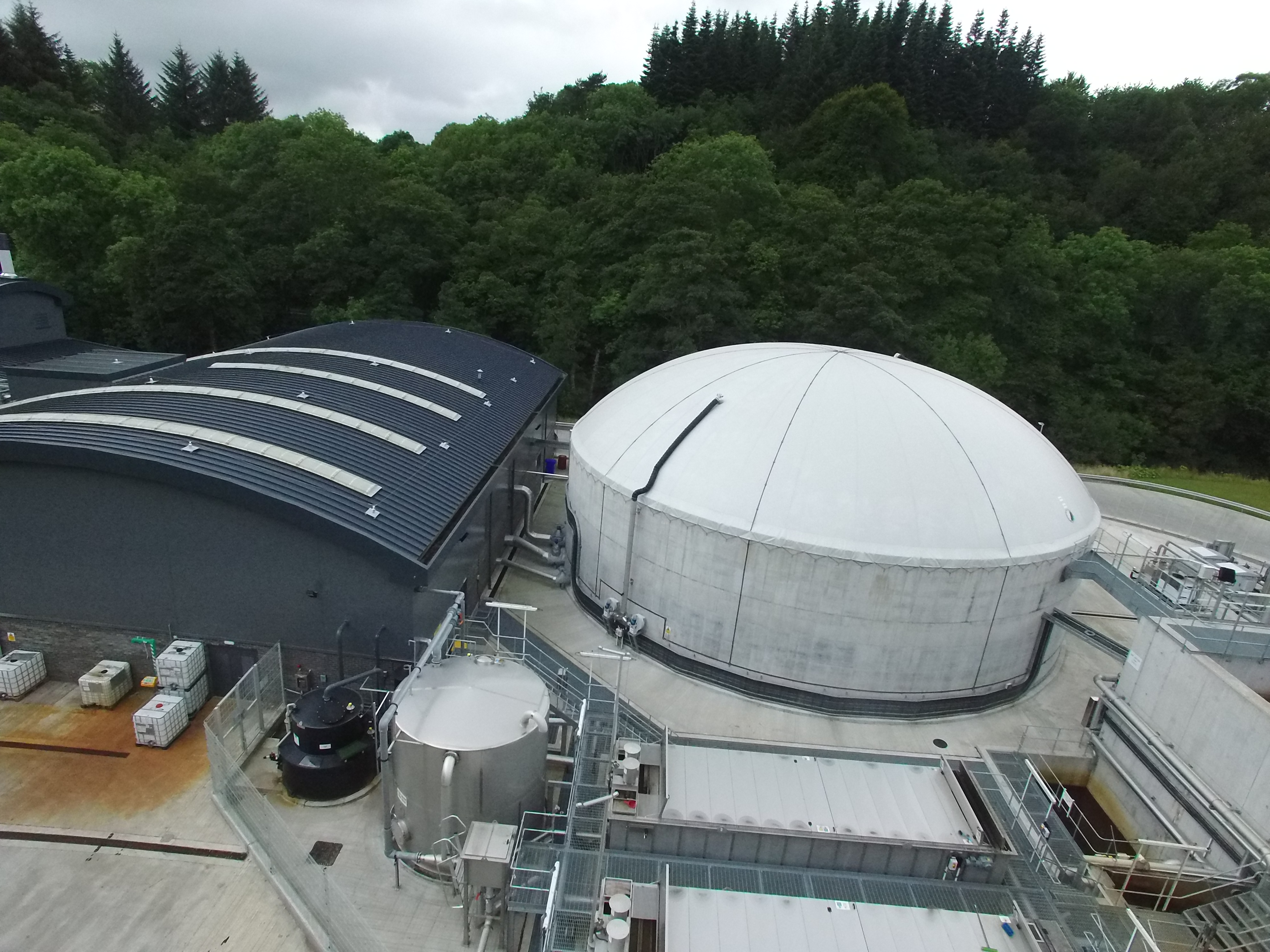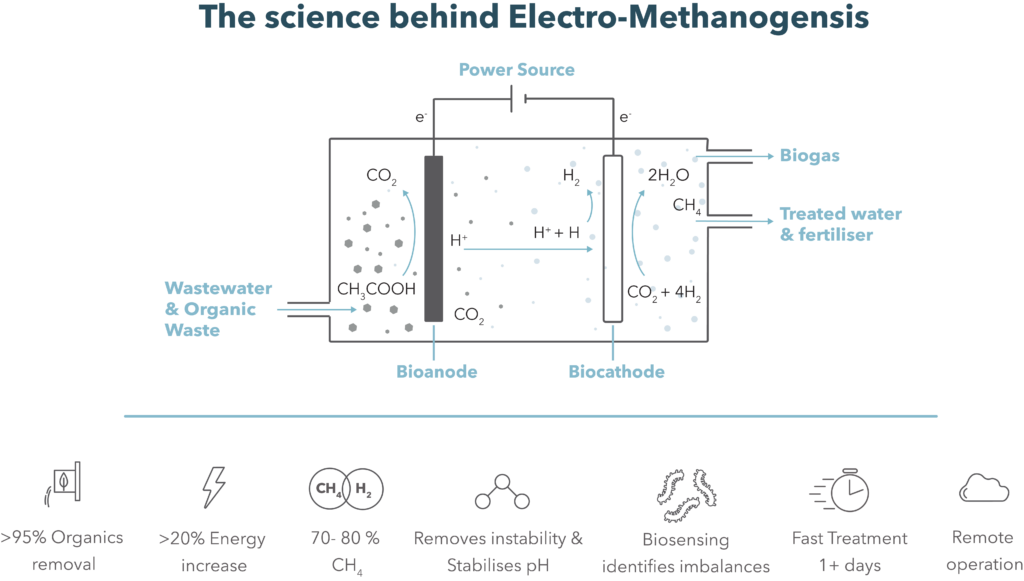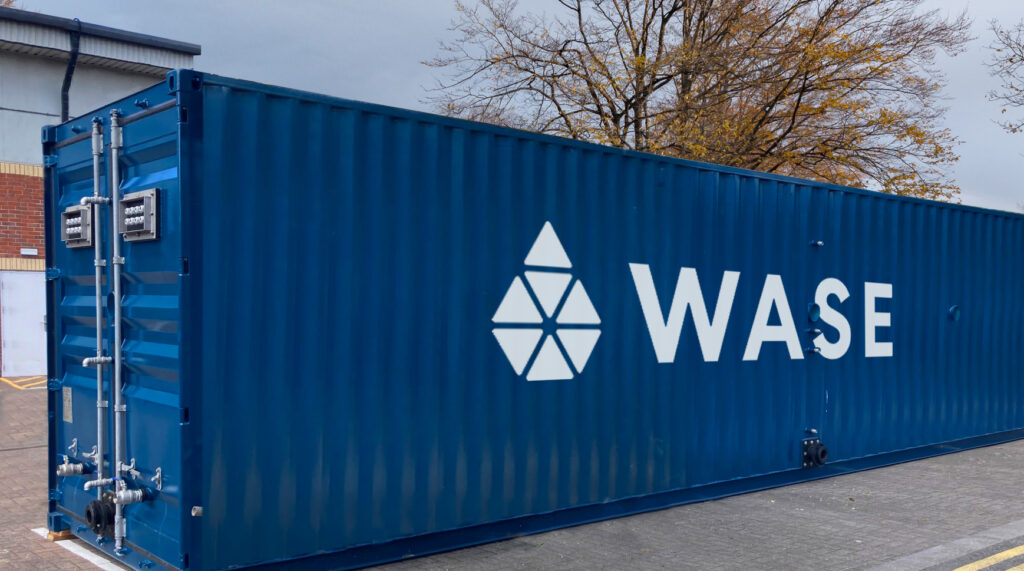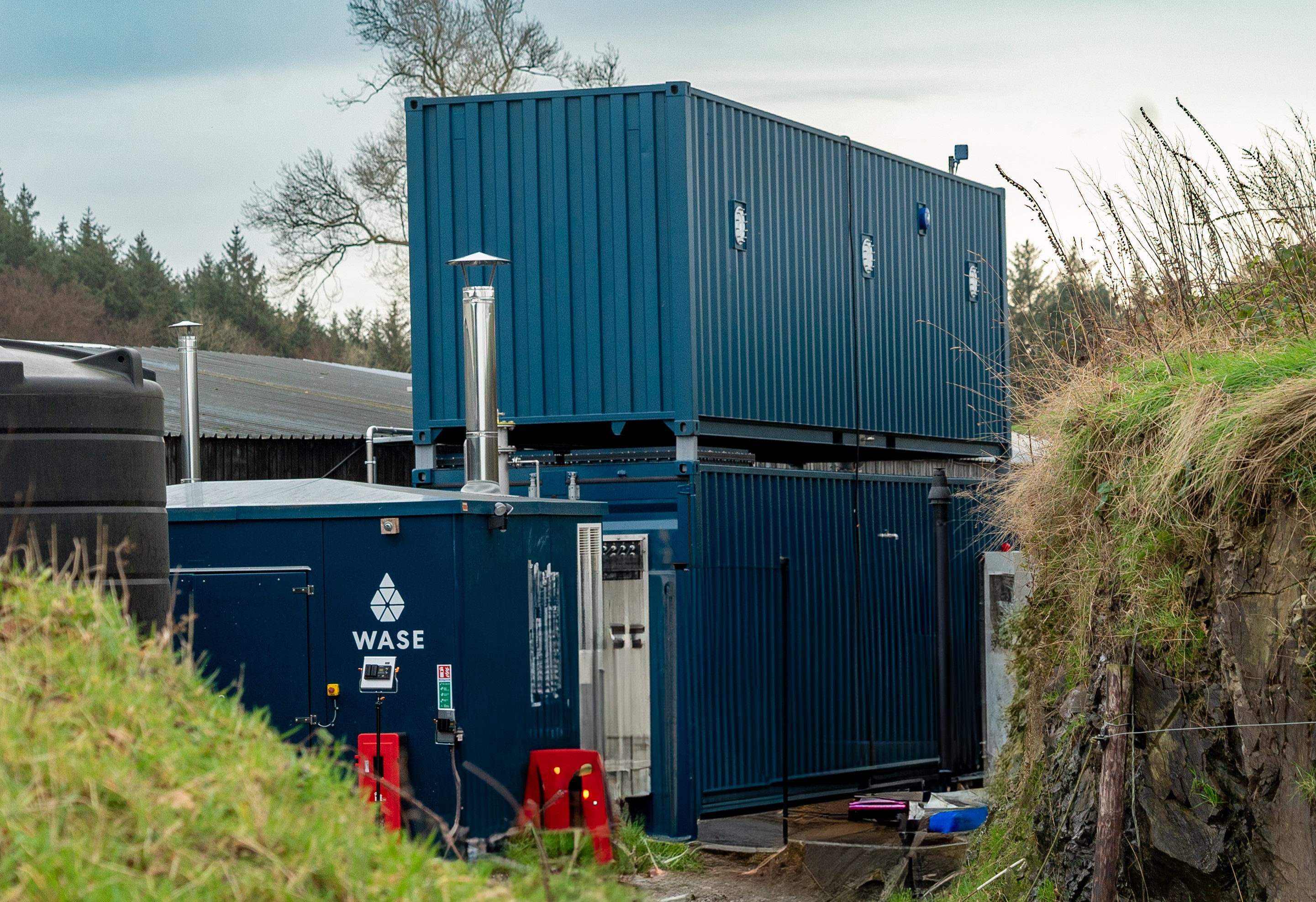Richard Gueterbock, who has supported WASE in various capacities for about 5 years, has been asked to contribute a series of guest blogs. Richard has long been active in developing on-site AD (Anaerobic Digestion), with plants built at, or close to, the source of bio-residues used as feedstocks. Having been involved in a few larger biogas projects, he has shared some thoughts on the future for smaller-scale AD.

Having been involved in multiple AD projects including for the brewery and distillery sectors, it is evident a different approach is required for smaller brewers and more remote distillery sites. This is what WASE can offer, thereby contributing to site decarbonisation.
On-site bioenergy plants are able to cut site emissions and curb fossil fuel use, with biogas being fed to on-site boilers. With access to decentralised clean energy smaller brewery sites can curb their emissions and this technology can be deployed across the food and beverage sector.
The on-site AD process has three outputs: the biogas, plus residual biosolids used for plant nutrition (e.g. for malting barley production) and treated water, for discharge to sewer or a nearby river, after further treatment. Resource efficiency benefits for on-site bioenergy include:
- Replacing energy consuming methods of handling bio-residues,
- Limiting their external impact, by treating liquid residues in-situ,
- Substituting fossil fuel derived energy with low carbon supplies,
- Long-term reductions in treatment and energy related emissions.

Some Key Lessons
My involvement in this ground-breaking project has encouraged me to consider how on-site biogas could be deployed on craft brewery sites and smaller distillers. Also, for food sites such as ready meal or ice cream manufacturers. This requires a different approach, as many smaller businesses lack the resources (both financial and human) available to larger companies.
While benefits of on-site anaerobic digestion (AD) can be transformational, the scale of the plant, the cost and an extended timeline, for larger sites, encouraged me to reflect on how such factors can be addressed, to make on-site AD attractive to smaller businesses. One solution is modularity – installing plants that are built off-site, based on a ‘plug and play’ system, on factory sites with minimum fuss.

The Modular Option
As a long-time advocate of smaller scale on-site AD, this has led me to working with WASE. On-site industrial bioenergy systems should have a minimal impact on the core production activities, while avoiding ‘the bioenergy tail should wagging the production dog’.
Cost-effective WASE systems are quick to install, simple to commission and easy to monitor and maintain. The modular approach which suits confined sites, can optimise biogas output while cutting residue disposal costs. Compared to off-site disposal systems that consume fossil fuel, WASE offers a sustainable and efficient means of using discarded bio-residues to generate clean energy on-site.

On-site Bioenergy
Advantages of modularity include an ability to tailor systems to the needs of the site and phase plant installation. It also accommodates future increases in production or limits levels of initial investment, while minimising environmental impacts.
WASE’s Circular Economy solution allows conversion of energy rich co-products into valuable energy, allowing smaller food or beverage companies to transform their handling of process residues.
Modular biogas systems also lend themselves to confined sites and more remote areas. Later this year a WASE system will be installed on a brewery in southern England, with other brewery and distillery sites planned for early 2025, alongside trials on several food processing sites.
If you would like to find out more about WASE’s modular solutions contact us here.

